Philosophy of Supply Chain Management
Course Purpose Analyse the connection between Supply Chain Management and Demand, Acquisitions, Distribution, and Logistics. What will you learn Analyse the connection between Supply Chain Management and Demand, Acquisitions, Distribution, and Logistics. They’ll be proficient in mapping the supply chain, …
Overview
Course Purpose
Analyse the connection between Supply Chain Management and Demand, Acquisitions, Distribution, and Logistics.
What will you learn
Analyse the connection between Supply Chain Management and Demand, Acquisitions, Distribution, and Logistics. They’ll be proficient in mapping the supply chain, highlighting the advantages of implementing this approach, and pinpointing areas necessitating enhancements within the supply chain system.
 Duration: 1 Day
Duration: 1 Day
Featured Course
The key elements in developing strategies
Course Curriculum
Curriculum
Curriculum
- 3 Sections
- 17 Lessons
- 3 Days
Expand all sectionsCollapse all sections
- Unit 1: Interrogate the inter-relationship between the concept of supply chain management and demand, acquisitions, distribution and logistics.ASSESSMENT CRITERIA5
- 1.1The definition of supply chain management is analysed in order to demonstrate an understanding of the challenges facing organisations when they attempt to implement a supply chain
- 1.2The evolution of the concept of supply chain management is analysed to inform recommendations on a possible change process that would benefit organisations
- 1.3The concepts of demand, acquisition, distribution and disposal are analysed
- 1.4The logistics function is analysed in order to demonstrate an understanding of change processes facing organisations
- 1.5Supply chain management is evaluated to determine its impact on organisational objectives
- Unit 2: Map the supply chain and describe the benefits of applying the philosophyASSESSMENT CRITERIA8
- 1.1The strategic, tactical and operational issues in supply chain management are identified to describe the relationship of each to the philosophy
- 1.2The importance of information exchange across the supply chain is discussed to highlight its impact on reaching strategic business imperatives
- 1.3Key steps are outlined to determine potential challenges in creating an effective supply chain
- 1.4The purchasing function in organisations is analysed to reflect its importance for the supply chain
- 1.5A value analysis is conducted to provide guidelines for ethical behaviour in purchasing
- 1.6Supplier partnerships are examined to reflect how they are advantageous to an organisation
- 1.7A map of a supply chain is produced to indicate its location within a specific organisation
- 1.8Relationships between the various processes in the supply chain are evaluated in order to reflect ways of applying the supply chain philosophy.
- Unit 3: Identify areas within a supply chain that require improvementsASSESSMENT CRITERIA4
- 1.1Improvements are measured against their benefits and possible drawbacks to the supply chain
- 1.2Improvements are measured against their benefits and possible drawbacks to the supply chain
- 1.3Possible ways in which the process challenges can be addressed are identified through the application of the supply chain philosophy
- 1.4The application of a supply chain management philosophy is assessed to determine how it contributes to addressing specific challenges faced by demand, acquisition, distribution and disposal.
Requirements
- NQF Level 5







